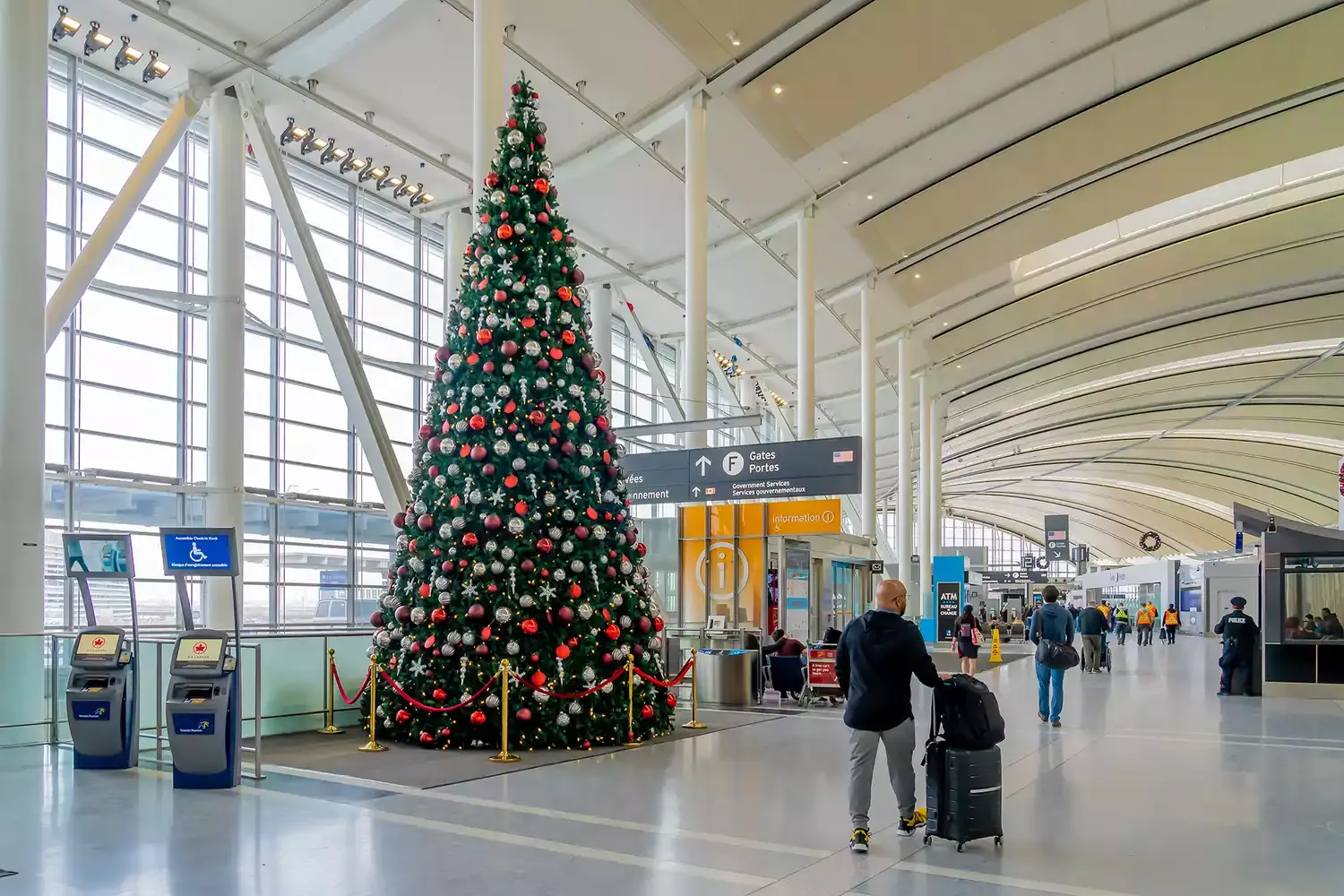Navigating insurance coverage for hotel stays during wildfire evacuations like those in Los Angeles requires understanding your policy. Start by contacting your insurance provider directly. They can clarify specific coverages within your homeowner's, renter's, or auto insurance policies. Typically, coverage for Additional Living Expenses (ALE) may apply if your primary residence is uninhabitable due to a covered peril like fire. This may reimburse reasonable hotel costs. Keep detailed records of all expenses and communications with your insurer. Carefully review your policy documents for exclusions or limitations related to wildfire evacuations.
Navigating insurance coverage amid natural disasters like the Los Angeles wildfires can be daunting, especially when it involves securing temporary housing. Understanding what your insurance policy will reimburse for hotel stays during such emergencies requires careful examination of your coverage and clear communication with your insurance provider.
Homeowners and Renters Insurance Policies
Most standard homeowners and renters insurance policies include a provision for additional living expenses (ALE). This coverage is designed to assist with costs incurred when your residence becomes uninhabitable due to a covered peril, such as a wildfire. Hotel stays, restaurant meals, and other necessary expenses fall under ALE.
The key factor determining reimbursement is whether a mandatory evacuation order was issued for your area. If authorities mandate evacuation, it strengthens your claim for ALE coverage. However, even without a mandatory order, if your home is genuinely uninhabitable due to smoke, ash, or the threat of fire, you may still be eligible for reimbursement.
Navigating the Claims Process
Filing an insurance claim can be complex. Here are some tips:
- File Promptly: Contact your insurance company as soon as possible to initiate the claims process.
- Be Thorough: Provide all necessary information and documentation to support your claim.
- Seek Assistance: If you encounter difficulties or have questions, don't hesitate to seek assistance from your insurance agent, consumer protection agencies, or legal professionals.
Conclusion: Understanding your insurance coverage and taking proactive steps can significantly ease the burden of securing temporary housing during wildfire emergencies. By carefully reviewing your policy, maintaining thorough documentation, and communicating effectively with your insurer, you can navigate the claims process and obtain the necessary reimbursements for hotel stays and other essential expenses.


















